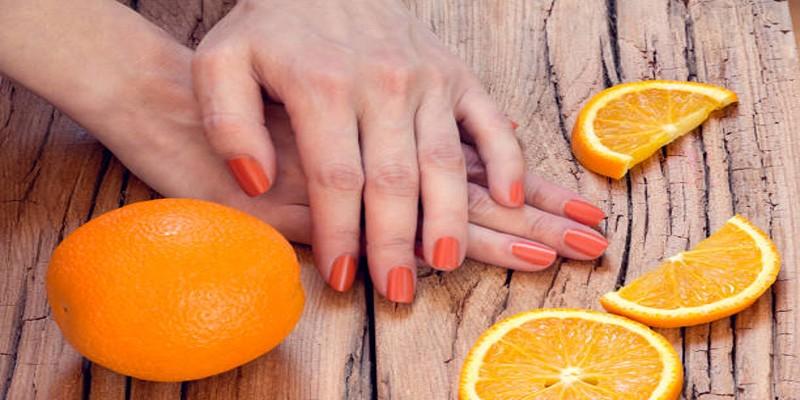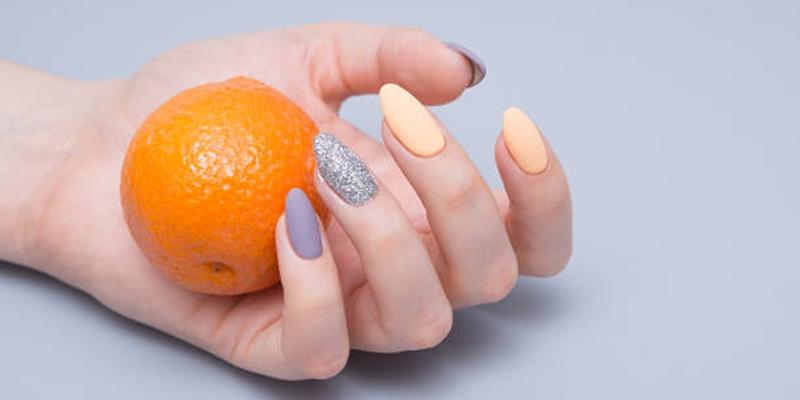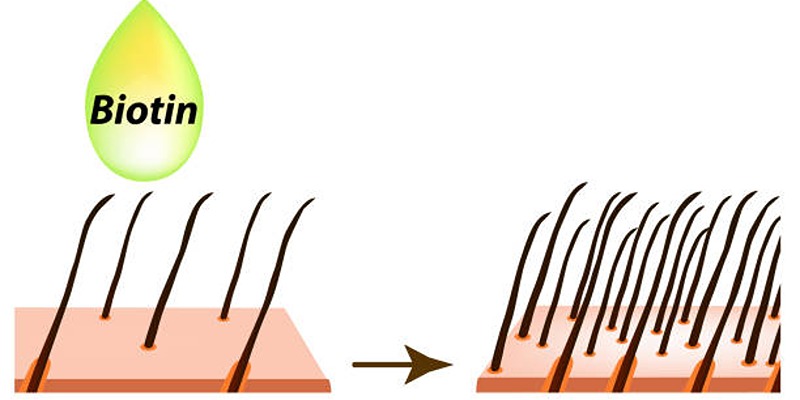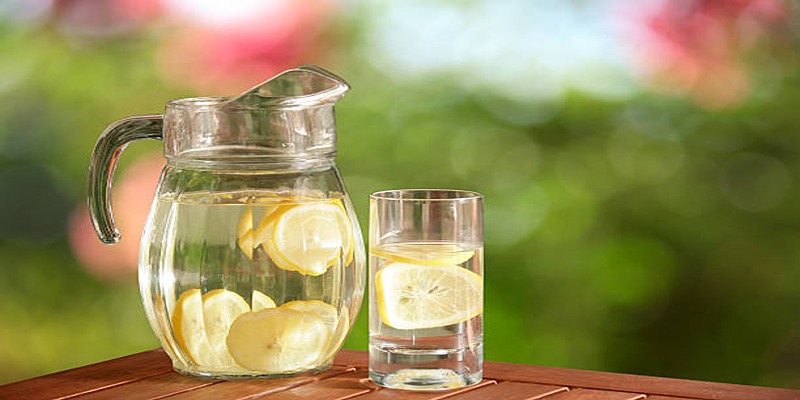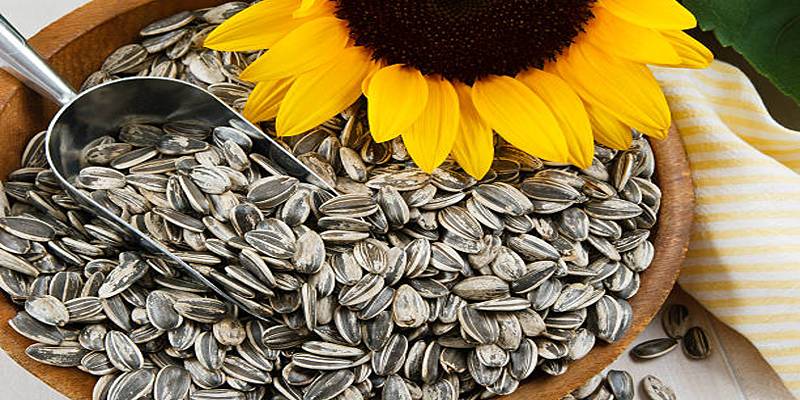Caring about our nails is not just about the aesthetic aspect nice, thick nails are a mirror of our health. Again, in order to have strong nails that remain healthy and full of color, it is important that you feed your body with the right nutrients. There are various external factors that can affect the health of nails including diet, lifestyle and stress, but your nails will not become brittle or develop any color changes or form damage, if your body is receiving the right nutrients it needs. The following vitamins, for instance, biotin, and zinc contribute greatly to nails growth, strength, and even formation.
1. Biotin (Vitamin B7)
Biotin is vital to sustaining nails as it improves keratin type the fundamental nail building block. Possible symptoms include brittle and weak nails having a tendency to split or break that is caused by a biotin deficiency.
The current literature suggests that biotin helps to minimize the nails brittle nature besides having potentialities of enhancing the nail growth rate, thereby proposing a significant nutrient additive for nails. To increase your biotin intake And naturally, you should take some foods that are high in biotin like eggs, almonds, sweet potatoes, spinach among others.
2. Vitamin C
Vitamin C plays a crucial role in collagen production, which is fundamental to nail strength and growth. Collagen, the protein that provides structure to nails, relies on adequate vitamin C levels to maintain its integrity. Without enough vitamin C, nails can become thin, brittle, or prone to splitting. Moreover, as a powerful antioxidant, vitamin C helps protect nails from damage caused by environmental stressors.
To optimize your vitamin C intake, incorporate citrus fruits like oranges, lemons, and grapefruits into your meals. Other excellent sources include strawberries, bell peppers, and broccoli. Regularly consuming these foods equips your body with the tools it needs to produce collagen and maintain resilient, healthy nails.
3. Iron
Iron is a vital mineral for nail health, as it directly influences growth and strength. Iron deficiency is a common cause of brittle nails or spoon-shaped deformities, a condition known as koilonychia. This mineral supports the production of hemoglobin, the protein in red blood cells responsible for carrying oxygen to the nail matrix.
Adequate oxygen supply is essential for healthy nail growth and structure. Without sufficient iron, nails may grow more slowly and become weak or fragile. To ensure your iron levels are up to par, include iron-rich foods in your diet, such as spinach, lentils, red meat, and fortified cereals. These nutrient-dense options can help reinforce your nails from the inside out.
4. Zinc
Zinc is a key nutrient for healthy nail growth, playing a vital role in cell repair and keratin production. A deficiency in zinc can manifest as white spots on nails or slower growth, as the body struggles to maintain proper nail structure.
To prevent these issues, incorporate zinc-rich foods like oysters, chickpeas, pumpkin seeds, and whole grains into your diet. Beyond nail health, zinc also strengthens the immune system, indirectly supporting overall vitality.
5. Vitamin E
Vitamin E is a potent antioxidant that protects nails from oxidative stress, which can lead to weakness and breakage. It also improves blood circulation, ensuring nail beds receive the nutrients they need for hydration and optimal growth. A diet rich in vitamin E can enhance nail appearance, resulting in shiny, smooth nails. Foods like sunflower seeds, almonds, avocados, and olive oil are excellent sources of vitamin E.
6. Magnesium
Magnesium is a crucial, yet often overlooked, mineral for nail health. It supports keratin formation, which is essential for strong, durable nails. A magnesium deficiency can lead to brittle nails, vertical ridges, or overall weakness.
As magnesium is involved in over 300 biochemical processes, including protein synthesis, it is critical for nail growth. Incorporate magnesium-rich foods such as dark leafy greens, nuts, seeds, and whole grains into your meals to maintain smooth, resilient nails.
7. Omega-3 Fatty Acids
Omega-3 fatty acids are essential for keeping nails hydrated, flexible, and less prone to breakage. These healthy fats create a moisture-locking barrier that gives nails a natural shine and smooth texture.
They also reduce inflammation around the nail bed, fostering a healthier environment for growth. Fatty fish like salmon, mackerel, and sardines are excellent sources of omega-3s. For plant-based options, try walnuts, chia seeds, or flaxseeds.
8. Calcium
Calcium is indispensable for strong, durable nails. Dry, brittle nails or slowed growth may signal a calcium deficiency. This mineral is essential for maintaining nail structure, and its effectiveness increases when paired with vitamin D for better absorption. Dairy products such as milk, yogurt, and cheese are classic sources of calcium, but plant-based options like fortified almond milk, soy milk, kale, and almonds are also excellent choices.
Tips for Healthy, Strong Nails:
- Stay Hydrated: Dehydration can make nails dry, brittle, and prone to splitting. Drinking plenty of water daily helps maintain nail hydration and overall strength.
- Limit Harsh Chemicals: Regular exposure to nail polish removers containing acetone, as well as cleaning products and detergents, can strip nails of their natural oils, leaving them weak and damaged.
- Moisturize Regularly: Keep your nails and the surrounding skin soft and healthy by using high-quality cuticle oil or a nourishing hand cream.
- Eat a Balanced Diet: A diet rich in vitamins, minerals, and protein provides the foundation for strong, healthy nails.
- Protect Your Nails: Avoid using your nails as tools to open packages or scrape surfaces, as this can weaken them over time.
Signs of Nutritional Deficiencies in Nails:
Your nails can reveal a lot about your overall health, and certain changes can indicate specific nutritional deficiencies:
- Brittle or Splitting Nails: This may suggest a lack of biotin, magnesium, or vitamin C in your diet.
- White Spots: Typically associated with a zinc deficiency.
- Vertical Ridges: A common sign of insufficient magnesium intake.
- Spoon-Shaped Nails: Often linked to iron deficiency, which can result from low red blood cell levels.
Conclusion:
Healthy nails are a reflection of a nourished body and a balanced diet. By including the right vitamins and minerals in your meals, you can support strong, smooth, and resilient nails while preventing common problems like brittleness, ridges, and breakage. Additionally, simple habits like staying hydrated, moisturizing regularly, and avoiding harsh chemicals can go a long way in keeping your nails in top condition. With regular care and attention, paired with a nutrient-rich diet, youll not only enhance your nail health but also promote your overall well-being.
